As smartphone payments become more popular, EMVCo is offering a test for the Near Field Communication technology that supports the inexpensive payment option. Japanese banks are teaming up on a stablecoin-driven international payments rail; and former Wirecard executives face damages. Here's what's happening in the world of payments.
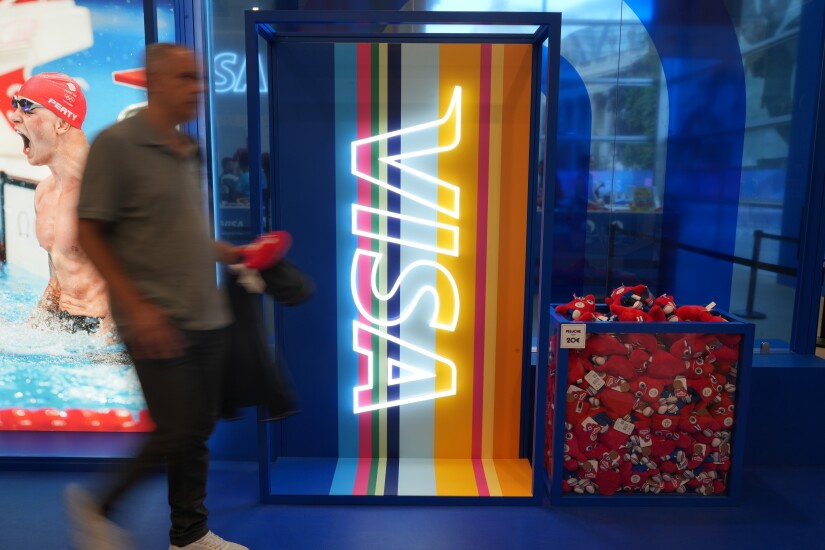
Visa to upgrade A2A payments in UK
Visa aims to gradually expand to cover subscriptions such as streaming services, gym memberships and food boxes, the company said in a release.
"Bank payments are a popular way to pay bills and services but have remained largely unchanged since the inception of direct debit 60 years ago," said Mandy Lamb, managing director of Visa UK and Ireland, in a statement. "Visa A2A will ensure consumer-to-business bank transfer payments have similar levels of protection that consumers are used to when they use their cards."
Visa is working with payment vendors such as Banked, Modulr, Moneyhub, Salt Edge, Vyne and Yaspa.
Adoption of account-to-account payments has been on the rise in the U.K., according to Visa. Last year, 3.7 trillion pounds ($4.8 trillion) was paid through A2A Faster Payments, a 15% increase over 2022. Both Visa and

Swedish regulators slam Klarna's anti-money-laundering policies
The letter, which was redacted and reported by Swedish news outlet
Klarna, which is best known in the U.S. as a buy now/pay later lender, is reportedly preparing for an initial public offering in the U.S. next year. Ahead of that IPO, Klarna has added financial services such as
The firm has also distributed generative AI to most of its staff and leaned into AI as part of its
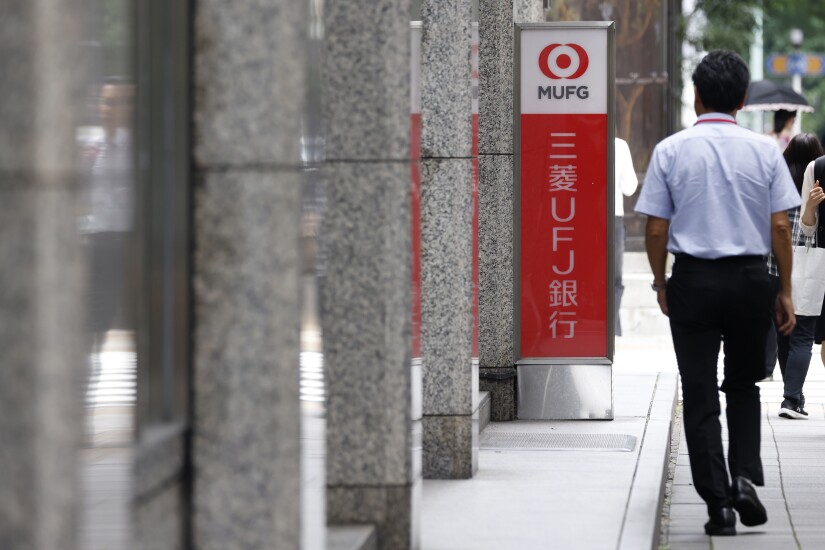
Japanese banks team up for international stablecoin payments
Blockchains are a form of cryptocurrency backed by reserves of traditional money, which is designed to mitigate the volatility of other cryptocurrencies. As such, stablecoins are considered to be the best form of crypto for payments and are popular with
Project Pax will integrate a blockchain into the banks' existing payment systems using Swift's application programming interface, a model that is designed to minimize the amount of technology work that other banks need to perform to adopt Pax's payment rail.
Other firms, such as
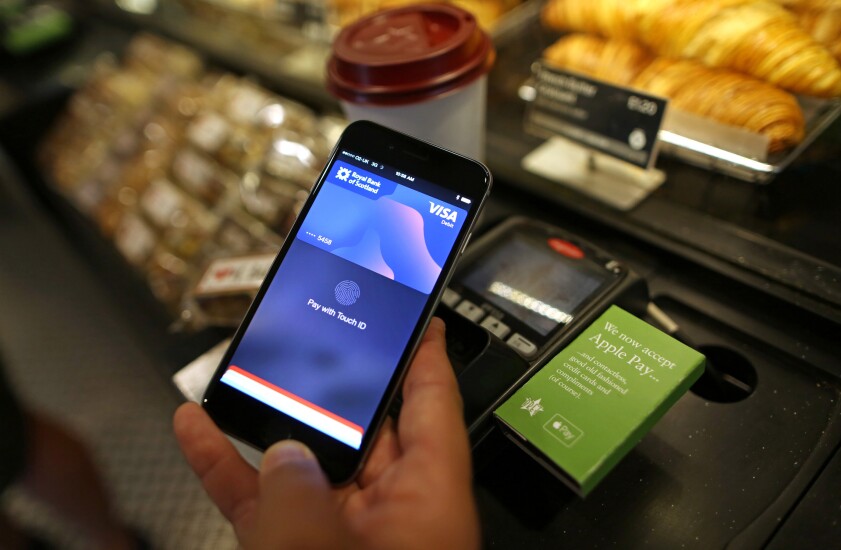
EMVCo launches test for emerging mobile pay tech
Tap to Pay, also referred to as softPOS, enables two smartphones to execute a payment by holding the devices near each other. Merchants can use Tap to Pay to support mobile payments without adding additional hardware such as a dongle or other attachment. That has made the technology popular with payment companies and merchants as a way to sell mobile payments while minimizing the cost or time for technology upgrades — the merchants can use technology they likely already have.
But since these devices were not originally designed for payments, the range of the NFC technology may differ from one device to another, making the reliability of the payment unpredictable, according to EMVCo. The EMVCo protocols evaluate consumer devices to check if the range is adequate for payments.
"The introduction of reduced range approval testing addresses the need to enhance the Tap to Pay experience, enabling EMVCo and industry participants to start measuring the performance of devices and provide feedback on improving read range over time," said Aaron Armstrong, EMVCo executive committee chair, in a release. EMVCo has also developed protocols for disparate technology developers to simplify
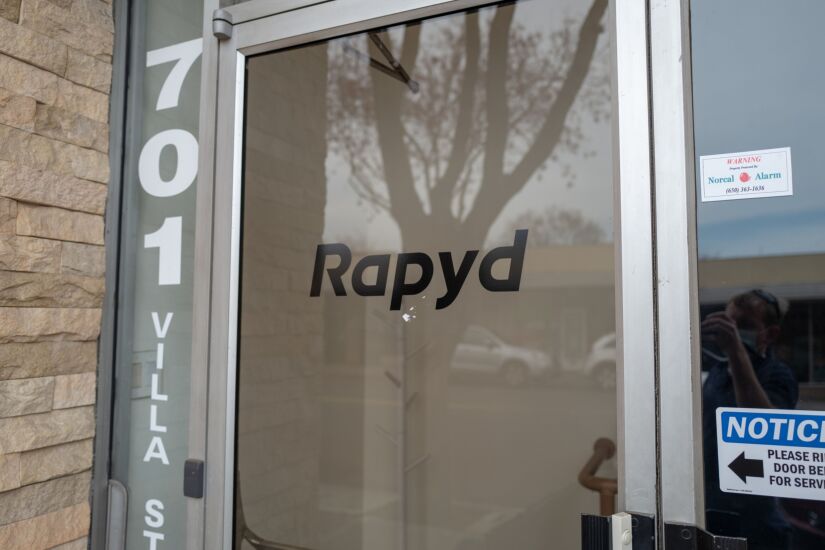
Rapyd looks to broaden payment partners
Rapyd plans to connect its technology to third parties that can enable card acquiring, multicurrency business accounts, foreign exchange and real-time payment.
By extending its partner program, Rapyd hopes to reach businesses and developers in e-commerce, online gaming and the content creator economy. Rapyd contends these businesses often have difficulty finding payment processors due to challenges in supporting payments in different regions, managing transaction disputes, ensuring compliance and combating fraud. —John Adams
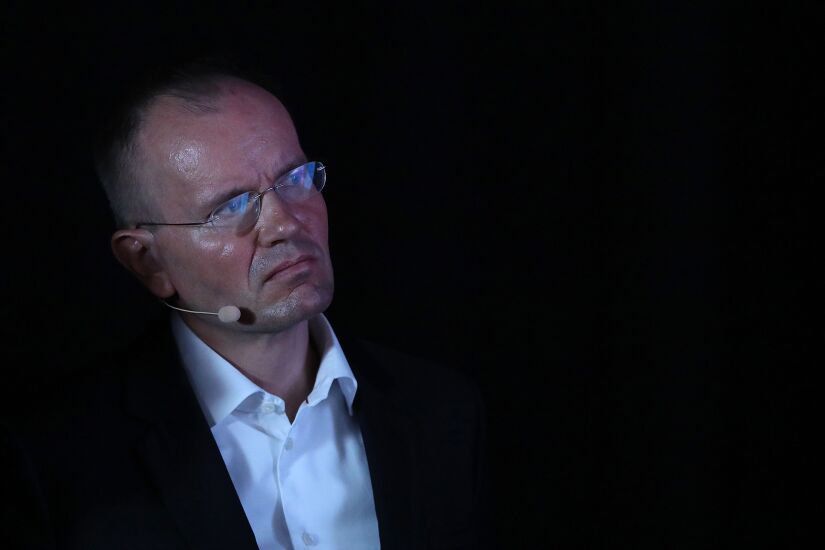
Wirecard executives hit with $154M civil suit
Former CEO Markus Braun, former CFO Alexander von Knoop and former Chief Product Officer Susanne Steidl were ordered to pay 140 million euros ($154 million) in damages to Wirecard administrator Michael Jaffé over losses on loans to fraudulent business partners in Asia.
The embattled payments-processing company first
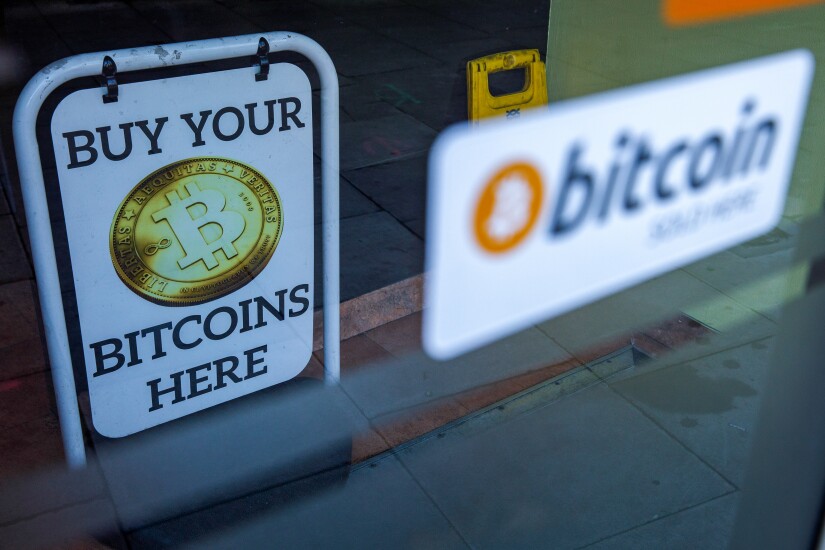
FCA files criminal charges against crypto ATM operator
Olumide Osunkoya, 45, is accused of running crypto ATMs across multiple locations between December 2021 and September 2023, according to the regulator. Those ATMs processed about 2.6 million pounds ($3.4 million) in transactions.
Osunkoya is set to appear on Sept. 28 in the Westminster Magistrates' Court.
The charges come as the U.K. regulatory body works to clamp down on unauthorized crypto ATMs following a March 2022 closure order of all crypto ATMs. At the time, the FCA estimated that there were 100 unauthorized cryptocurrency ATMs operating in the country. Last year, the FCA said it closed 26 machines.
There are currently no legal operators of cryptocurrency ATMs in the U.K.
"Our message today is clear. If you're illegally operating a crypto ATM, we will stop you," said Therese Chambers, joint executive director of enforcement and market oversight at the FCA, in a release. "If you're using a crypto ATM, you are handing your money directly to criminals. Criminals can exploit crypto ATMs to launder money globally." —Joey Pizzolato

European BNPL firm PastPay secures fresh Series A funding
PastPay — which operates in Italy, Germany, Poland, Czech Republic, Slovakia, Romania and Hungary — allows businesses to extend payment terms for purchases by 15 to 90 days with more than 170 merchants, according to the company.
The B2B BNPL firm will use the funds to expand further into Europe, said co-founder and COO Bálint Réti in a statement.
PastPay has secured 17 million euros in debt and equity funding since its inception in 2019, with investments from MBH Bank, Advance Global Capital and BNL Start Partners, according to Crunchbase. —Joey Pizzolato





